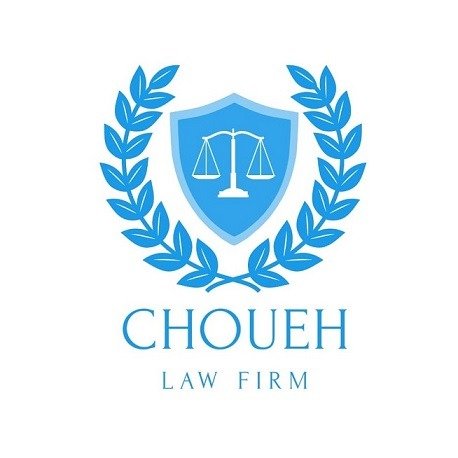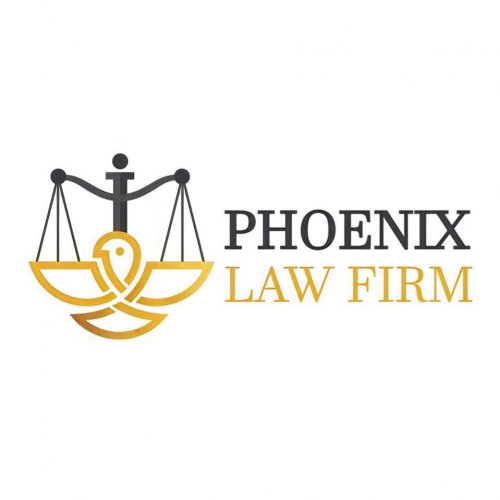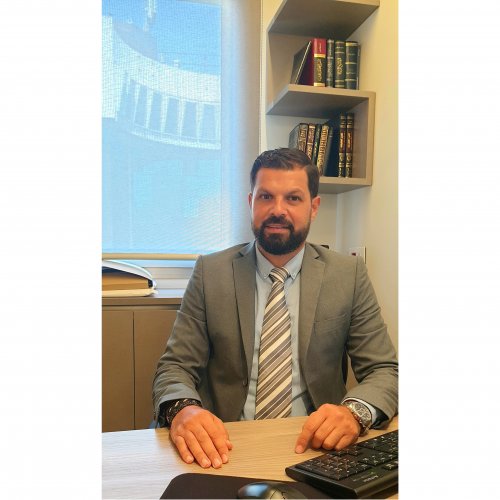Best Structured Finance Lawyers in Lebanon
Share your needs with us, get contacted by law firms.
Free. Takes 2 min.
Or refine your search by selecting a city:
List of the best lawyers in Lebanon
About Structured Finance Law in Lebanon
Structured finance is a field of law and finance that deals with complex financial instruments designed to help borrowers manage risk, raise capital, and tailor financial transactions beyond traditional lending and securities options. In Lebanon, structured finance has gained importance due to the evolving banking sector, the growing need for innovative capital-raising solutions, and the country’s integration into global financial markets. Typical transactions include securitization of assets, syndicated loans, project finance, collateralized debt obligations, and other specially designed financing arrangements. Lebanese law, while influenced by civil law traditions and subject to local banking and financial regulations, provides unique legal frameworks and challenges for structured finance transactions.
Why You May Need a Lawyer
Engaging in structured finance arrangements in Lebanon often involves complex contracts, regulatory compliance, risk assessment, and negotiation among banks, investors, and borrowers. You may need a lawyer if you are:
- A business seeking to raise capital through asset-backed securities, syndications, or project finance structures.
- An investor or financial institution needing help to assess and mitigate risks in complex transactions.
- Navigating compliance with Lebanese laws and Central Bank regulations around credit, capital markets, or banking.
- A party facing disputes or litigation concerning structured financial products, defaults, or misrepresentation of financial instruments.
- Involved in cross-border transactions that require expert guidance on both Lebanese and international legal standards.
Local Laws Overview
Structured finance in Lebanon is governed by a mix of commercial law, banking law, capital market regulations, and civil law principles. Key legal aspects include:
- The Lebanese Central Bank (Banque du Liban or BDL) regulates financial institutions, market conduct, and issuance of certain financial products.
- The Capital Markets Authority (CMA) oversees capital market activities, including securitization, asset management, and derivatives.
- Law No. 705/2005 introduced the legal framework for asset securitization in Lebanon, specifying requirements for Special Purpose Vehicles (SPVs), transfer of assets, and investor protection.
- Contract law, property law, and bankruptcy law can all impact structured finance transactions, especially enforcement of collateral or resolution of insolvency.
- KYC and AML regulations require strict compliance for all parties involved in financial arrangements.
Given the evolving and at times fragmented legal landscape, engaging local legal expertise is essential for compliance and optimal outcomes.
Frequently Asked Questions
What is structured finance in the Lebanese context?
Structured finance in Lebanon refers to complex financial transactions designed to meet specific financial goals, such as asset securitization, project finance, or risk-transfer, typically outside the realm of traditional loans or bonds.
Is asset securitization legal in Lebanon?
Yes, Lebanese Law No. 705/2005 provides the legal basis for asset securitization, allowing the creation of SPVs and transfer of receivables or other future cash flows.
What are the main regulatory bodies overseeing structured finance in Lebanon?
The Banque du Liban (Central Bank) and the Capital Markets Authority are the primary regulators for structured finance transactions in Lebanon.
Can foreign investors participate in structured finance deals in Lebanon?
Yes, foreign participation is permitted, but specific transactions may be subject to foreign exchange controls, KYC/AML requirements, and sectoral restrictions.
What legal risks should parties consider?
Risks include compliance with evolving regulations, enforceability of contracts and guarantees, potential changes in local law, insolvency risks, and currency risk.
Is Sharia-compliant (Islamic) structured finance available in Lebanon?
Islamic finance products are available in Lebanon, including sukuk (Islamic bonds). These instruments comply with Sharia principles and local regulations.
What are the common types of structured finance in Lebanon?
These include asset-backed securities, project finance, syndicated lending, and Islamic finance structures like sukuk.
How are disputes in structured finance resolved?
Disputes can be resolved through Lebanese courts, or by arbitration and mediation if specified in the contract. Many cross-border deals use international arbitration.
What documentation is required for a structured finance deal?
Typically, legal documentation includes term sheets, facility agreements, security documents, SPV incorporation papers, contracts of sale, and regulatory filings.
How can I ensure legal compliance?
Engage experienced legal counsel early, perform due diligence, and maintain regular communication with regulatory bodies to stay current with requirements.
Additional Resources
- Banque du Liban (Central Bank of Lebanon): Issues regulations and circulars impacting financial transactions.
- Capital Markets Authority (CMA): Supervises capital markets and licensing of financial services entities.
- Beirut Bar Association: Can help locate specialized attorneys in financial law.
- Ministry of Justice: Provides legal publications and official interpretations of Lebanese law.
- Lebanese Association of Banks: Offers insights and data on the banking and finance sector.
- International Finance Corporation (IFC) and World Bank: Publish sectoral reports and occasionally conduct trainings in Lebanon.
Next Steps
If you require legal assistance in structured finance in Lebanon, begin by identifying your objectives and gathering all relevant documentation. Next, consult with a qualified Lebanese attorney who specializes in banking and financial law or structured finance transactions. Prepare a list of your questions and concerns to make your consultation productive. Maintaining compliance is key, so stay updated on any changes in regulation by monitoring updates from relevant authorities and your legal counsel. Acting early and proactively is the best way to protect your interests and ensure the success of your structured finance project in Lebanon.
Lawzana helps you find the best lawyers and law firms in Lebanon through a curated and pre-screened list of qualified legal professionals. Our platform offers rankings and detailed profiles of attorneys and law firms, allowing you to compare based on practice areas, including Structured Finance, experience, and client feedback.
Each profile includes a description of the firm's areas of practice, client reviews, team members and partners, year of establishment, spoken languages, office locations, contact information, social media presence, and any published articles or resources. Most firms on our platform speak English and are experienced in both local and international legal matters.
Get a quote from top-rated law firms in Lebanon — quickly, securely, and without unnecessary hassle.
Disclaimer:
The information provided on this page is for general informational purposes only and does not constitute legal advice. While we strive to ensure the accuracy and relevance of the content, legal information may change over time, and interpretations of the law can vary. You should always consult with a qualified legal professional for advice specific to your situation.
We disclaim all liability for actions taken or not taken based on the content of this page. If you believe any information is incorrect or outdated, please contact us, and we will review and update it where appropriate.
Browse structured finance law firms by city in Lebanon
Refine your search by selecting a city.










